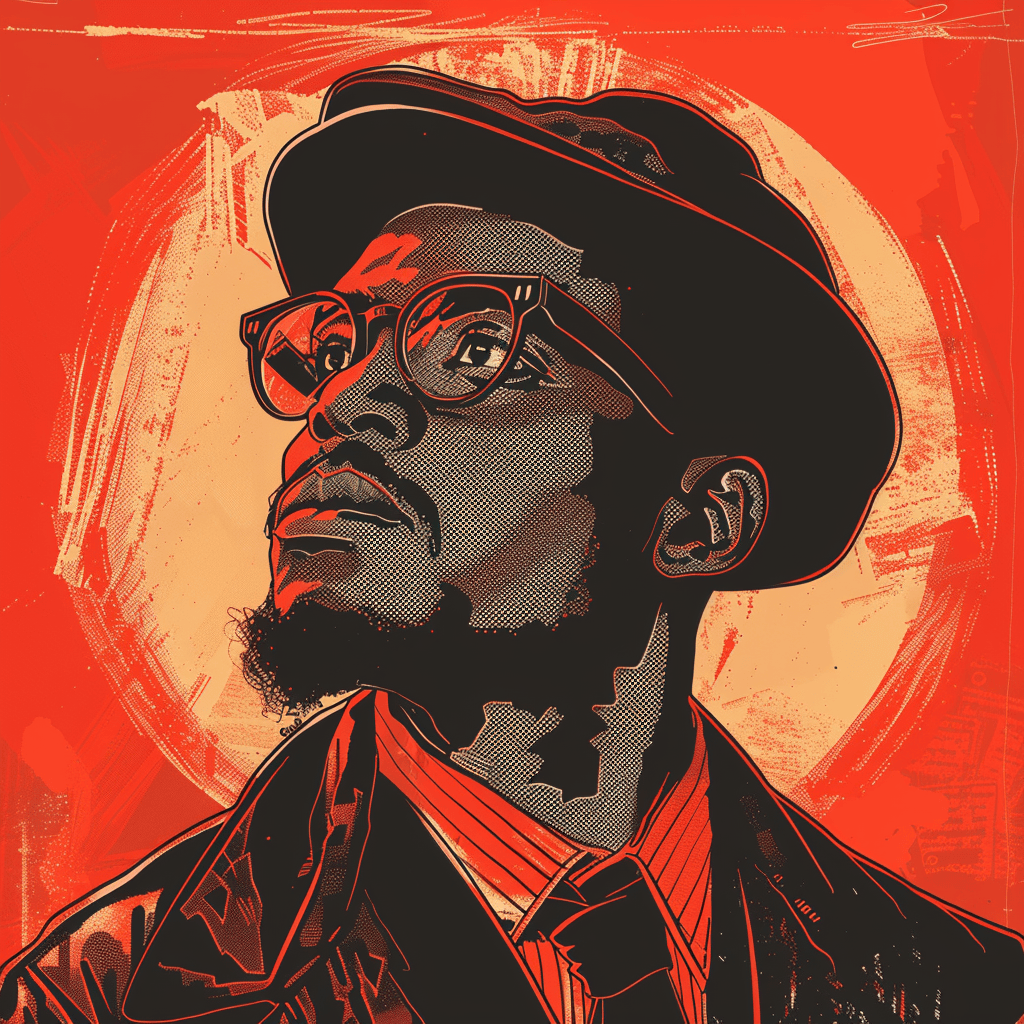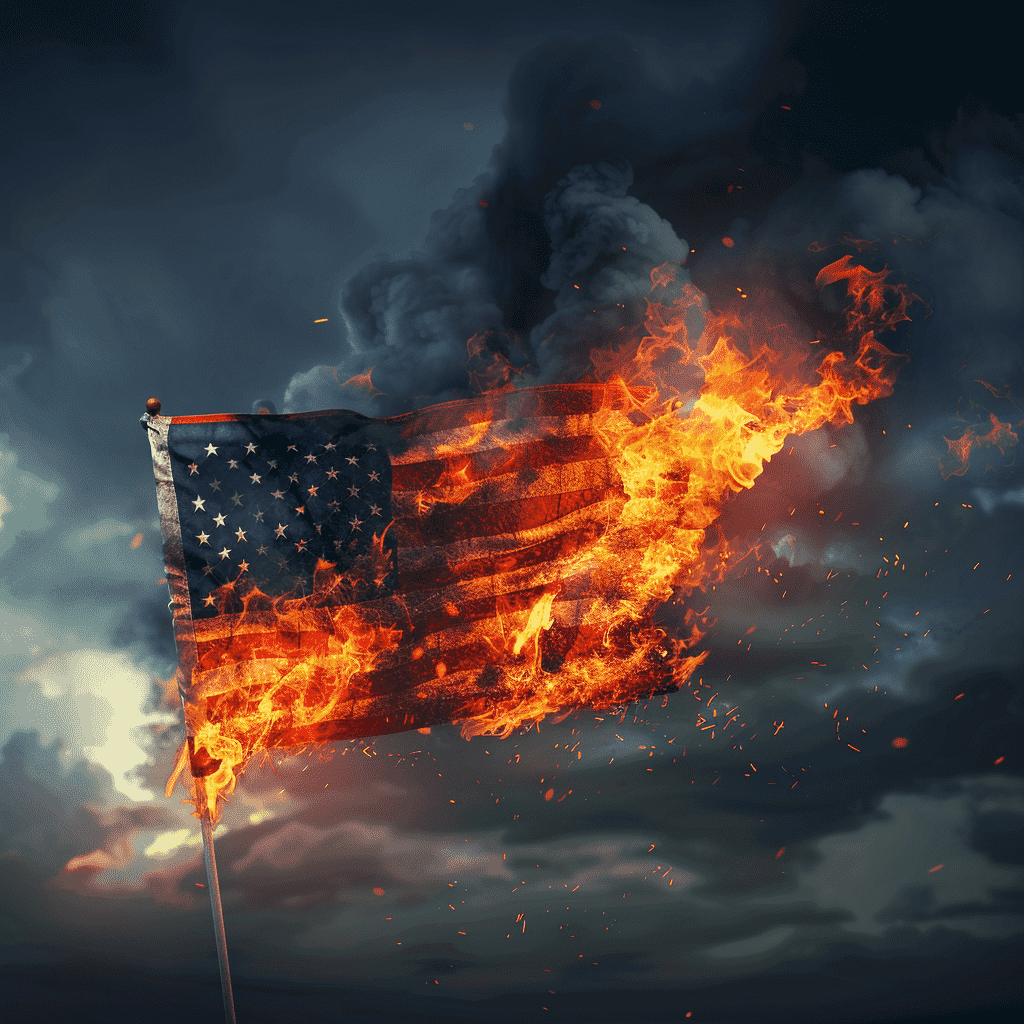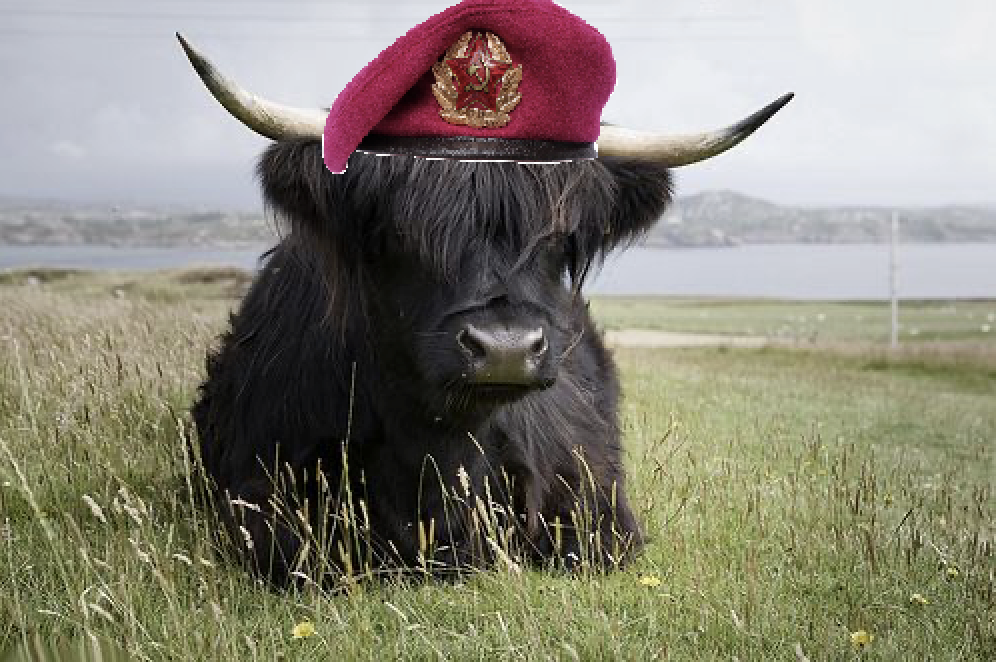Guevara agreed that the law of value remained under socialism but argued that measures taken by the Revolution to undermine the capitalist market meant that the law could not serve as the dynamic catalyst to productivity and efficiency in the same way as it did under capitalism.[8] Socialisation of the means of production and distribution had ‘blunted’ the tools of capitalism.[9] Marx described a commodity as a good which changes ownership, from the producer to the consumer. Consistent with this definition, Guevara insisted that products transferred between state-owned enterprises did not constitute commodities because when they were transferred from one state factory to another there was no change in ownership. The state itself should be considered as one big enterprise.[10] For Guevara commodity-exchange relations between factories threatened transition, via ‘market socialism’, to capitalism. He stressed central planning and state regulation as substitutes to such mechanisms.
Enphasis on:
For Guevara commodity-exchange relations between factories threatened transition, via ‘market socialism’, to capitalism. He stressed central planning and state regulation as substitutes to such mechanisms.
Why develop? We understand that the capitalist categories are retained for a time and that the length of this period cannot be predetermined, but the characteristics of the period of transition are those of a society that is throwing off its old bonds in order to move quickly into the new stage. The tendency should be, in our opinion, to eliminate as fast as possible the old categories, including the market, money, and, therefore, material interest - or, better, to eliminate the conditions for their existence.’
It was partly because material incentives became the main way to motivate people, the relationship between firms was set up in a way that it was about each firm being responsible for its own profits and losses, they had to purchase their inputs etc, and it encouraged firms to do dodgy things so they could be like “oh look we beat our target, bonus pls” etc
His planning system did have some material incentives but his idea was that it would be phased out and people should be motivated using moral incentives. To him the law of value should ‘fade away’
Using his analysis, the USSR didn’t collapse because it had a planned economy. It collapsed because its planning system undermined socialist consciousness, its leadership lost touch with the masses, and it developed a class who had a material interest in undermining the state, due to keeping the law of value.
https://www.marxists.org/subject/economy/authors/yaffeh/che-critic.htm
Edit: After Che left Cuba, they used the soviet model which had some benefits and allowed Cuba to enter the soviet trading system which brought even more benefits, but then that model had to be abandoned because what Che said would happen did happen: corruption, individualism, petit bourgeois consciousness, inefficiencies etc because the soviet model had a big emphasis on material incentives, bonuses if you over fulfilled the plan, etc
A bit after Che left they implemented the Soviet system, then got rid of it the 80s, then the special period happened after the socialist bloc started collapsing.
Under the Soviet system firms literally operated like businesses
Che’s Balanced Flows System planning was an attempt at firms would simply be transferring the goods between each other, their finances would be managed centrally by the central bank etc
His idea was that firms in the country wouldn’t be buying and selling from each other and therefore the Cuban economy would be ‘one giant factory’. There would still be stuff sold to consumers, still be wages, money etc
So, China is a capitalist now isn’t it?
No, they had problems like underdeveloped agriculture, a peasantry, lack of infrastructure, access to things like electricity, etc. These are problems that Cuba, China, Russia, etc., had. Market socialism is the path they’ve chosen to develop. So the question for them is, how do they get these things while maintaining socialism? It is encouraging development because it’s creating infrastructure, etc. You can argue that you need elements of capitalism to develop.
Because socialism comes from capitalism.
But, as Che argued, things like the law of value, material incentives, bonuses, etc., undermine socialist consciousness.
Which is why he was opposed to the Soviet system.
And the USSR collapsing and the effects it had on Cuba after they adopted it proved him right.
I mean, China had those counterrevolutionary protests in Tienanmen Square in 1989. So, China is socialist, but if they are not careful, their market socialism can devolve into capitalism.
if they are not careful, their market socialism can devolve into capitalism.
Yes, that is a known, calculated risk, and China must remain vigilant against its bourgeoisie translating its fiscal capital into sociopolitical capital. The state gave Jack Ma the slapdown because he got too lippy.
And the USSR collapsing and the effects it had on Cuba after they adopted it proved him right.
Why would that be true? I dont really view the collapse of the USSR as really being about the collapse in material conditions - there is a reason why the collapse of the USSR is seen as a big deal due to the shock it did to the at least livable conditions prior to the rug being pulled out.
I always saw the USSRs collapse more to bad foreign policy honestly, overextending into Afghanistan was the primary one but id be interested to hear otherwise.
I dont think this necessarily vindicates his view on those specific merits
After Che left Cuba, they used the soviet model which had some benefits and allowed Cuba to enter the soviet trading system which brought even more benefits, but then that model had to be abandoned because what Che said would happen did happen: corruption, individualism, petit bourgeois consciousness, inefficiencies etc because the soviet model had a big emphasis on material incentives, bonuses if you over fulfilled the plan, etc
A bit after Che left they implemented the Soviet system, then got rid of it the 80s, then the special period happened after the socialist bloc started collapsing.
Under the Soviet system firms literally operated like businesses
Che’s Balanced Flows System planning was an attempt at firms would simply be transferring the goods between each other, their finances would be managed centrally by the central bank etc
His idea was that firms in the country wouldn’t be buying and selling from each other and therefore the Cuban economy would be ‘one giant factory’. There would still be stuff sold to consumers, still be wages, money etc
Forgive me if I’m incorrect but was this not essentially the plan for Allende’s project cybdrsyn (using computer systems in the latter case)?
I haven’t read about Allende, and just watched a couple of videos that mentioned his project. But based on what those videos said, it sounds like he wanted to do a similar process of what Che proposed, by using computers, yes
deleted by creator
I see. Can you recommend me a book or article socialism in China? I’d like to read more on that.

seconded, excellent analysis in the book
these two books give excellent historical context on China
- The East Is Still Red Chinese Socialism In The 21st Century https://archive.org/details/the-east-is-still-red-chinese-socialism-in-the-21st-century
- People’s China at 75 – The Flag Stays Red https://redletterspp.com/products/peoples-china-at-75
What can we say about China’s policies in Africa? Many leftist label them as ‘imperialist’ and biggest provider of the capitalism.
Many leftist label them as ‘imperialist’
You put those air quotes in the wrong place. Should read:
Many ‘leftist’ label them as imperialist
They’re all crypto-fascist. Turkish Communists Party(TKP) states that China is capitalist and cannot be seen as communist. I’m not member of them but many ppl in Turkiye buys it. Fucking imbeciles.
If you actually have read Lenins work on the matter beyond the chapter titles, and put the analysis to work on reality, you can not in good faith come to the conclusion that China is imperialist.
It is immensly frustrating to learn how many people take the chapter titles as some sort of checklist, while obviously not having read any further. Yes, you could construct a checklist for imperialism out of the book, but it would be much more complex than just going by the chapter titles. For example “export of capital” being the title, but the chapter explains that it is importan to look for how the exported capital is used for. So just putting a check behind “export of capital” would be wholy insufficient regarding the detection of imperialism done by an analysed state.
Lookin’ at you, Trots.
Many leftist label them as ‘imperialist’
Of all places, The Atlantic: The Chinese ‘Debt Trap’ Is a Myth
and biggest provider of the capitalism.
Those states were already capitalist. China is helping their indigenous bourgeoisie gain independence from imperialist states. Once a state is out from under the imperialist boot, it will open up the possibility for the indigenous proletariat to make revolution.
Fucking Hell. I almost fall for bourgeoisie propaganda. I don’t know modern situation in China. I should learn Chinese and read more about it. I’d be glad if you send more material to read or watch about China. Also, why I’m getting downvoted? I’m asking some questions not stating anything.
I don’t know modern situation in China. I should learn Chinese and read more about it. I’d be glad if you send more material to read or watch about China.
If you want learn more about China, Prolewiki is a good place to start.
Hope my answers were of help to you!
Also, just to be clear, I didn’t downvote you.
Thanks a lot! I’ll be starting to look at it.
deleted by creator
Not really.








